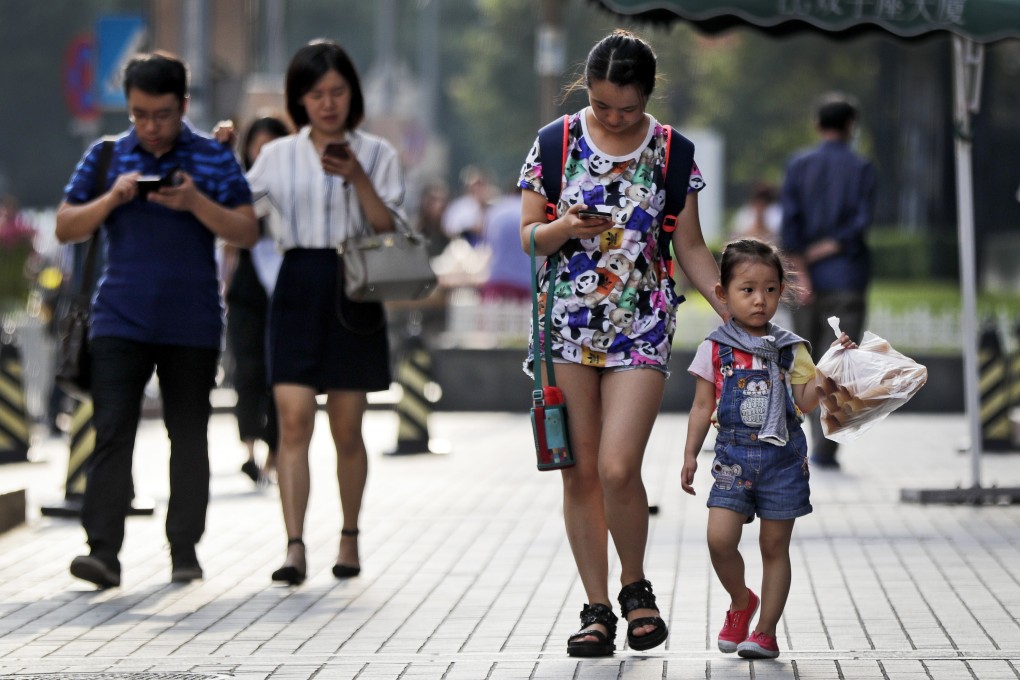China antitrust: Beijing’s new rule book raises the bar for what counts as a monopoly
- The final version of China’s new antitrust guidelines came into effect on Sunday
- It comes at a time when some of the country’s largest and most influential technology companies are embroiled in various anti-monopoly issues

They said those revisions in the guidelines, which came into effect on Sunday, are rich in implications for how antitrust investigations and disputes in China will move forward.

01:26
China kicks off antitrust probes into Alibaba over alleged monopolistic practices
The newly established guidelines stipulate that the regulator must define “a relevant market”, or the area where a monopoly exists, in an antitrust investigation.
That is key to proving in an antitrust investigation or lawsuit that an internet platform has built up a dominant market position and misused this position. An internet platform will only be subject to regulatory or legal punishment if such a situation exists.
In the previous draft released in November, the State Administration for Market Regulation (SAMR) did not have to define a relevant market to call a monopoly in “special cases”. It provided regulators unrestrained power to label any company a monopoly.
The change closes a loophole that would have given the agency too much discretion on regulatory scrutiny of the internet sector, according to You Yunting, a senior partner at Shanghai DeBund Law Offices.